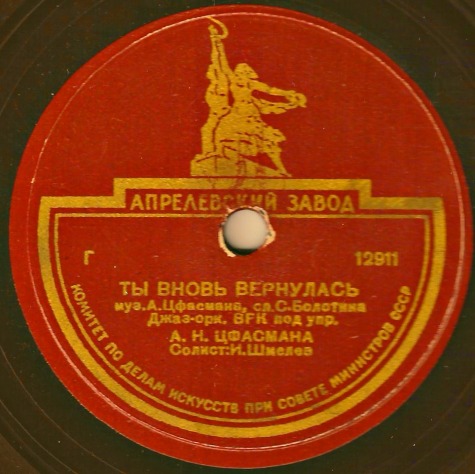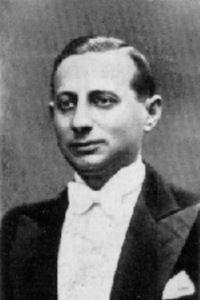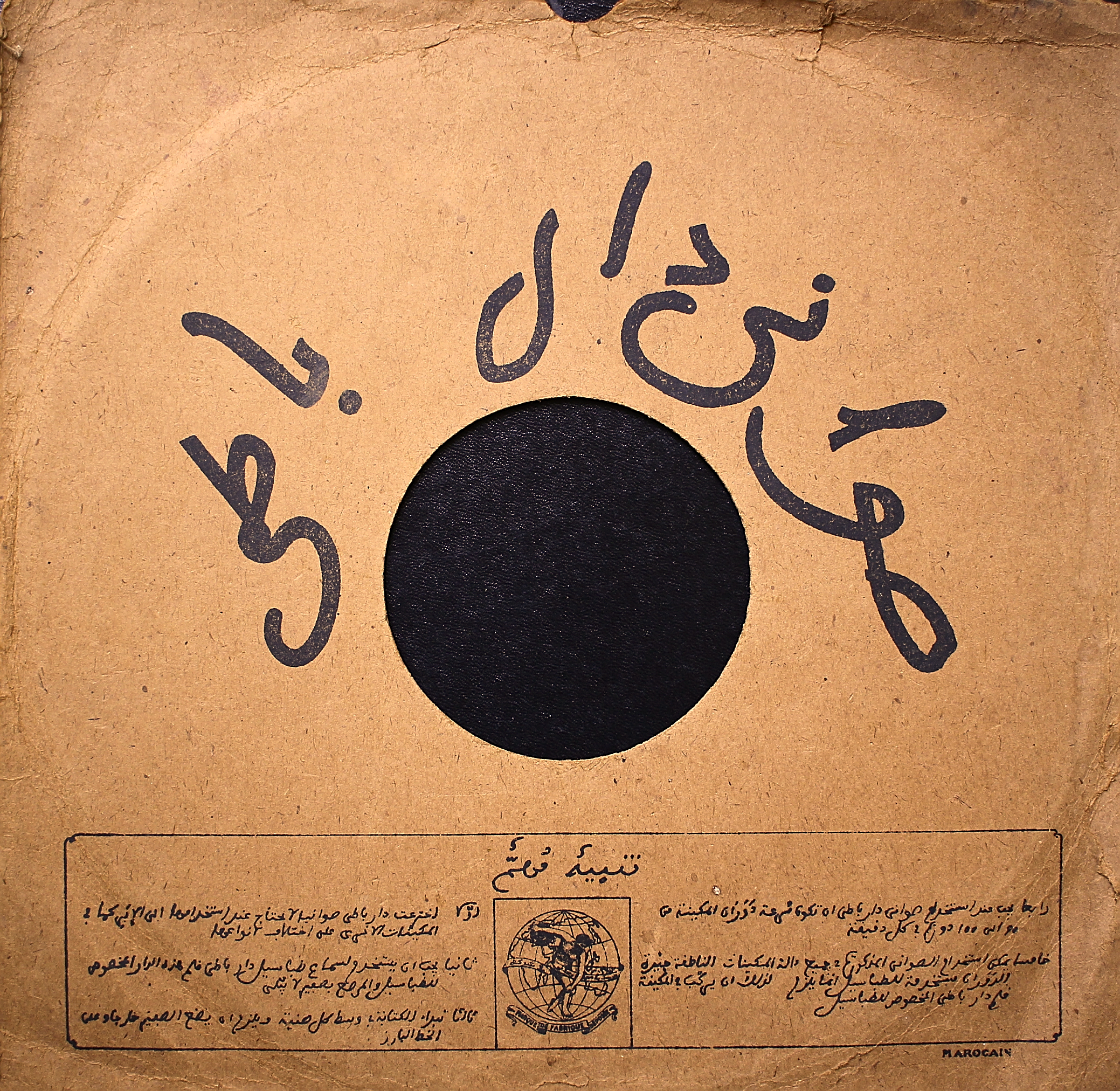
The first part of this post focused on Leonid Utesov, who can be considered as the most popular Soviet singer of the 30’s. This second part introduces the pianist and composer Alexander Tsfasman (Александр Цфасман). Both of them are the most emblematic artists of The Golden Age of Soviet Jazz, which reached its peak in the mid 30’s. But this period didn’t last long. As explained before, the evolution of jazz in the USSR was closely linked to the political context of the country, and ideological attacks towards jazz resumed in 1936. It was the time of The Great Purge. Presented as symbols of cultural dissent, many jazzmen were sent to forced labour camps or shot. However, both Utesov and Tsfasman remained relatively immune to these attacks, probably thanks to their notoriety.
The links with western culture lied at the heart of critics towards jazz at that time. From this perspective, it is interesting to compare Utesov and Tsfasman’s positioning. But let me say first a few words about Alexander Tsfasman. Tsfasman was born in 1906 in Zaporizhia (Ukraine) and discovered jazz in the 20’s in Moscow, where he was studying at the Music Conservatory. In 1926, he launched the first professional jazz band of the USSR, called the “AMA Jazz Band”. The ensemble included a trumpet, a trombon, a drum, a banjo, a clarinet and a sax, with Tsfasman on the piano. The AMA Jazz Band was the first orchestra in the country to perform live on the radio, in 1927, and to publish a record, in 1928. This record consisted of two tracks, Harry Warren‘s “Seminola” and Vincent Youmans‘s “Hallelujah!”.

During the next two decades, Alexander Tsfasman was quite prolific and recorded around 140 records (you can find his complete discography here). His works include popular musics like foxtrot, tango, waltz, polka and rumba, as well as several pieces for classical orchestra. In addition to his activities with his band, Tsfasman also gave regular solo piano concerts and composed for the cinema.
While Utesov was a popular showman, Tsfasman played a more sophisticated music, strongly influenced by American jazz. Each of them actually embodies a different relation with foreign and Soviet cultures. Stephen F. Starr, about whom I wrote in my previous post, highlights two major opposite tendencies towards foreign culture in the USSR : “adoption” and “adaptation”. “Adoption” is defended by those who think that many aspects of foreign culture can be suitable to the country. “Adaptation” insists on the specifity of Soviet culture and the necessity of “transforming” each foreign influence to make it suitable. According to Starr, “Tsfasman was the adopter and the cosmopolitan, Utesov was the adapter and the nationalist“.
In 1938, Tsfasman became the director of the new founded All-Union Radio Commitee’s Jazz Orchestra, with which he gave several concerts during the War for the Red Army soldiers at the front. He kept performing a few years in post-war euphoria with the Hermitage Theater’s band. But his career declined in the late 40’s, as jazz was once again the victim of ideological attacks with the beginning of the Cold War and the development of Zhdanov Doctrine. For a very detailed history of Soviet jazz, I really suggest you read Mr Starr’s brilliant essay, which gives a very precise overview of the intellectual debates around it.
This song called “You returned again” (Ты вновь вернулась) features tenor singer Ivan Shmelev (Иван Шмелёв) and was composed and conducted by Tsfasman, with lyrics by Samuil Bolotin (Самуил Борисович Болотин). The record was published in 1945 by Aprelevka Plant (Апрелевский завод) label.
[Update – June 17th, 2013: I just read this interesting post on Alexander Tsfasman on the Dismuke’s 78 rpm blog : http://dismuke.org/blog/?p=1105]

Thanks for this – the post is as interesting as the track itself. The idea of jazz being illegal is painful to imagine.
Thanks for your comment !
As far as I have been able to tell, Tsfasman has not been as lucky as Utesov in current availability of his recordings (other than, of course, the links on the discography you linked to.) He was featured in an early volume in the very rare Melodiya LP series History of Soviet Jazz in the late 1980s, but I have found only one CD devoted to Tsfasman in a small series on Kvardo of American and Soviet jazz performers. There has not been as much interest in Soviet jazz now as there was in Soviet times.
Thanks for this useful information !
Same file, cleaned up a little:
[audio src="http://www.alcue.com/tsfasman2.mp3" /]
This is an interesting site. I’d be glad to do some gentle deticking on anything you want to post, just for fun (i.e. not for pay).
Al Q
NY
Great !!! Thank you very much ! To be honest, I don’t use any software to clean these recordings… But the result sounds good ! Are you serious when you propose this ?
Absolutely.
I just contacted you directly per email…
Check this excellent review of a film… that doesn’t exist ! With pieces of Soviet jazz inside ! http://noncinematour.wordpress.com/2012/02/17/the-fate-of-jazz/
Hi.. Thanks for visit my blog, as requested, I visit yours now LOL
Great blog and articles! let’s do link exchange with my jazz blog Jazz Jazz Jazz